2021
PANELS
EVERYDAY PORTALS TO BLACK CULTURAL PASTS, PRESENTS, AND FUTURES
Everyday Black cultural artifacts and practices have the potential to transform design practices. This panel will bring together architects, artists, curators, and archivists who privilege quotidian expressions of Black heritage across the diaspora in their work. The panel aims to demonstrate how deep study of every Black cultural and spatial practices can inform planning, architecture, and design.
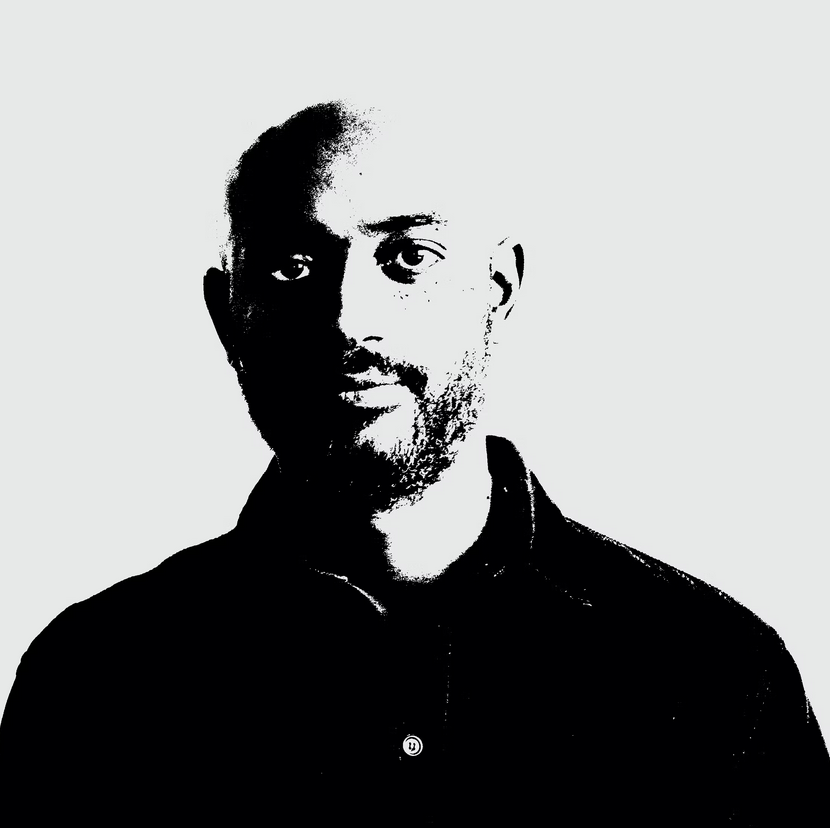
EMANUEL ADMASSU
Founding Partner, AD-WO
Assistant Professor, Columbia University
Emanuel Admassu (Addis Ababa, Ethiopia) is Founding Partner of AD—WO and Assistant Professor at Columbia University GSAPP, where he teaches design studios and theory seminars in urban design and architecture. He has previously taught at RISD Architecture and Harvard GSD. Admassu’s teaching, research, and design practices examine the international constellation of Afrodiasporic spaces. Admassu completed his Bachelor of Architecture at Southern Polytechnic State University, followed by a Master of Advanced Architectural Design and Advanced Architectural Research at Columbia University.
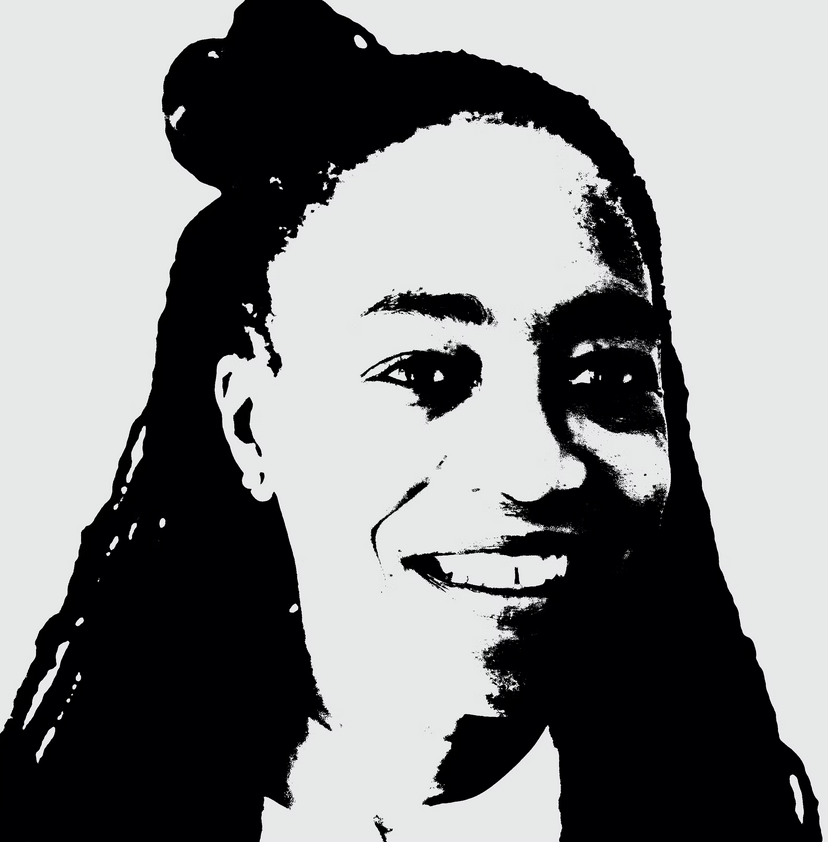
FELECIA DAVIS
Associate Professor, Pennsylvania State University
Director, SOFTLAB@PSU
Felecia Davis’ work in computational textiles questions how we live and she re-imagines how we might use textiles in our daily lives and in architecture. Computational textiles are textiles that are responsive to cues in the environment using sensors and microcontrollers or textiles that use the changeable properties of the material itself to communicate information to people. In architecture these responsive textiles used in lightweight shelters are transforming how we communicate, socialize and use space. Davis is interested in developing computational methods and design in relation to specific bodies in specific places engaging specific social, cultural and political constructions.
Felecia Davis is an Associate Professor at the Stuckeman Center for Design Computing in the School of Architecture and Landscape Architecture at Pennsylvania State University and is the director of SOFTLAB@PSU. Davis’ work in architecture and textiles connects art, science, engineering and design and was recently featured by PBS in the Women in Science Profiles series. Davis’ work the Flower Antenna was part of the Museum of Modern Art’s exhibition Reconstruction: Blackness and Architecture in America. She is a founding member of the Black Reconstruction Collective a not-for-profit group of Black architects, scholars and artists supporting design work about the Black diaspora.
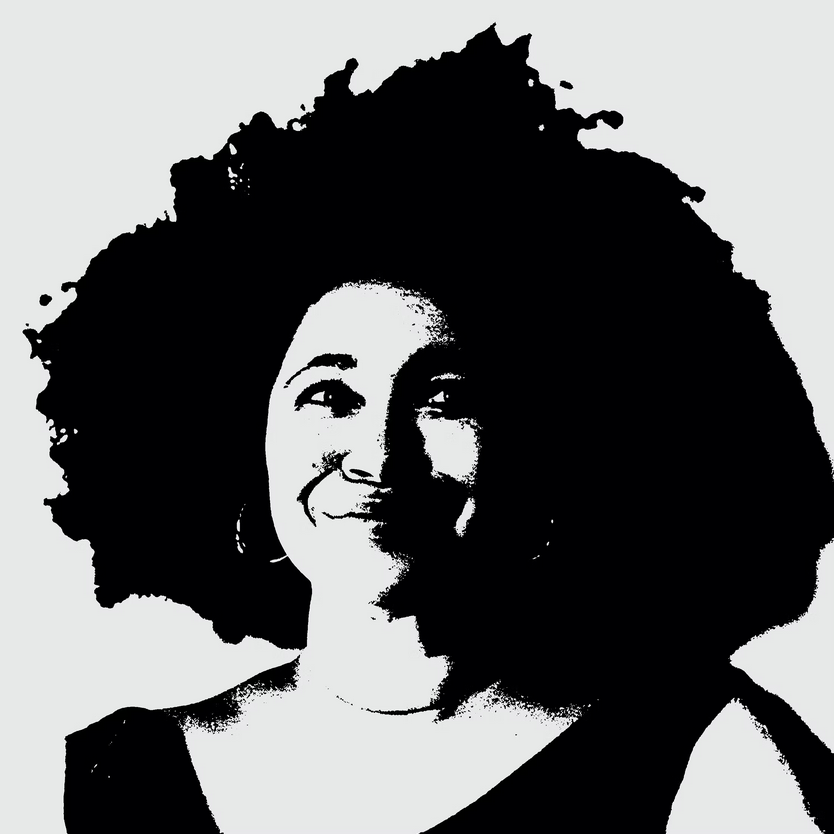
DOROTHY BERRY
Archivist
Writer
Dorothy Berry is an archivist and writer whose work focuses on the digital discovery of African American history and culture. She has worked at the Black Film/Center Archive, the University of Minnesota, and Harvard University’s Houghton Library. Her writing on underexposed African American archival histories can be found in up//root, Lapham’s Quarterly, and the Public Domain Review.
DESIGNING FOR BLACK QUEER PLEASURE, JOY, AND INTIMACY
We’ve seen a tremendous expansion of spaces in which the interior lives of Black people are affirmed and celebrated, from social media to art collectives like Papi Juice. At the same time, anti-Black racism and violence reinforce the boundaries of everyday Black existence in physical and digital spaces. In convening, architects, pleasure activists, and cultural scholars, this panel aims to encourage architects, planners, and designers to design spaces that accommodate both the security and the exuberance of Black and queer bodies.
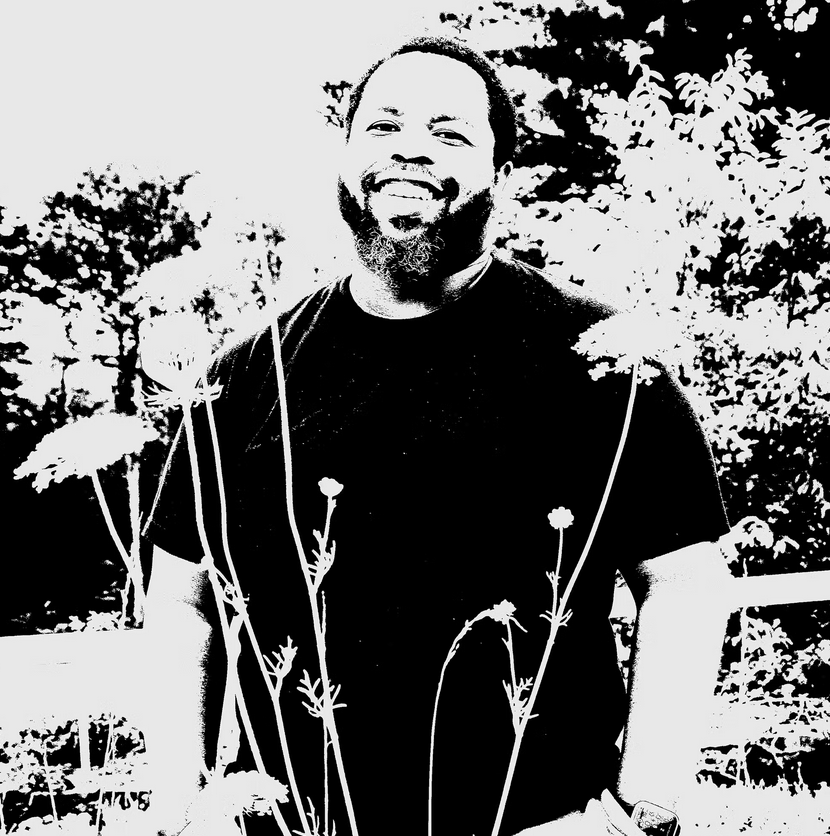
ASHTON CRAWLEY
Teacher, Writer, Artist
Ashon Crawley (he/him/his) is a teacher, writer, and audiovisual artist, attempting to honor blackqueer life and spirituality. His work, from writing to performance, is about the blackqueerness and spirituality and mysticism and relation. How can black folks, blackqueer folks, breathe in this world full of violence and antagonisms? And what is the labor required to make worlds? This question, of labor, animates his art practice—audiovisual, painting, sound, film, writing. To the question is of the labor it takes to make worlds, a kind of labor that can be used in but sometimes against the political economy, is to think about affect, physicality, materiality, texture, weight, spirit, flesh. Whether writing, or art practice, what is the work? And how does the work work on me, and how does it work on those that encounter it? And is there a labor practice of the social? And if so, when if and how does it break down?
He is author of Blackpentecostal Breath: The Aesthetics of Possibility (Fordham University Press) and The Lonely Letters (Duke University Press). All his work is about otherwise possibility, alternatives to normative function and form.
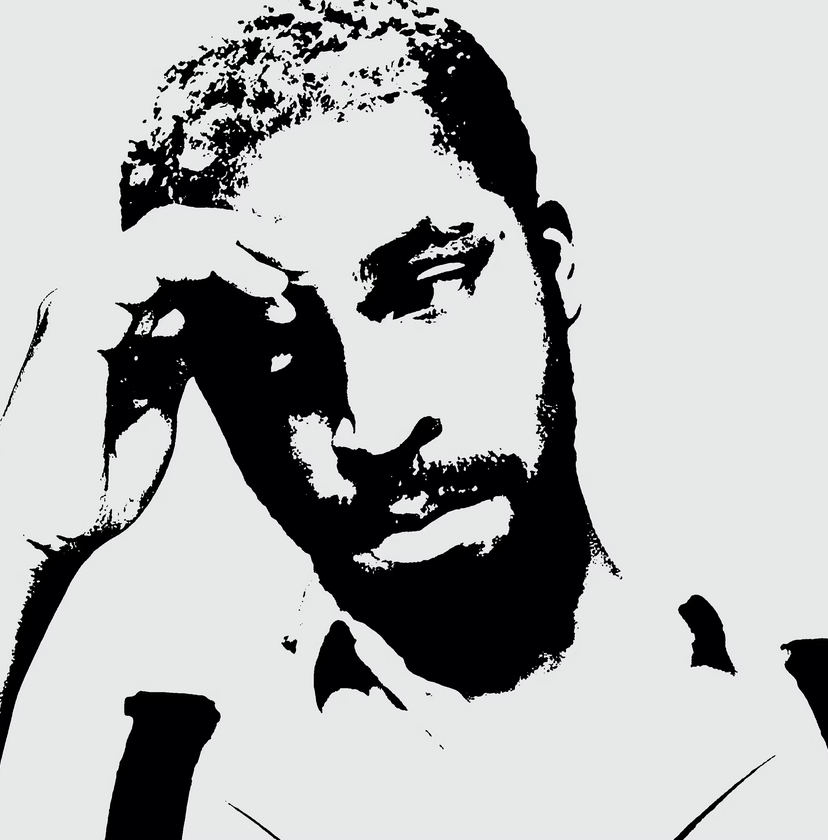
ADAM R.
Co-Founder, Papi Juice
Technologist, DJ
Adam R. is an audio/video technologist, DJ, and one of the co-founders of Papi Juice. Adam’s music and digital art are inspired by his Caribbean and African-American heritage. His work reflects his interest in afro-futurism, afro-pessimism and the diaspora at large.
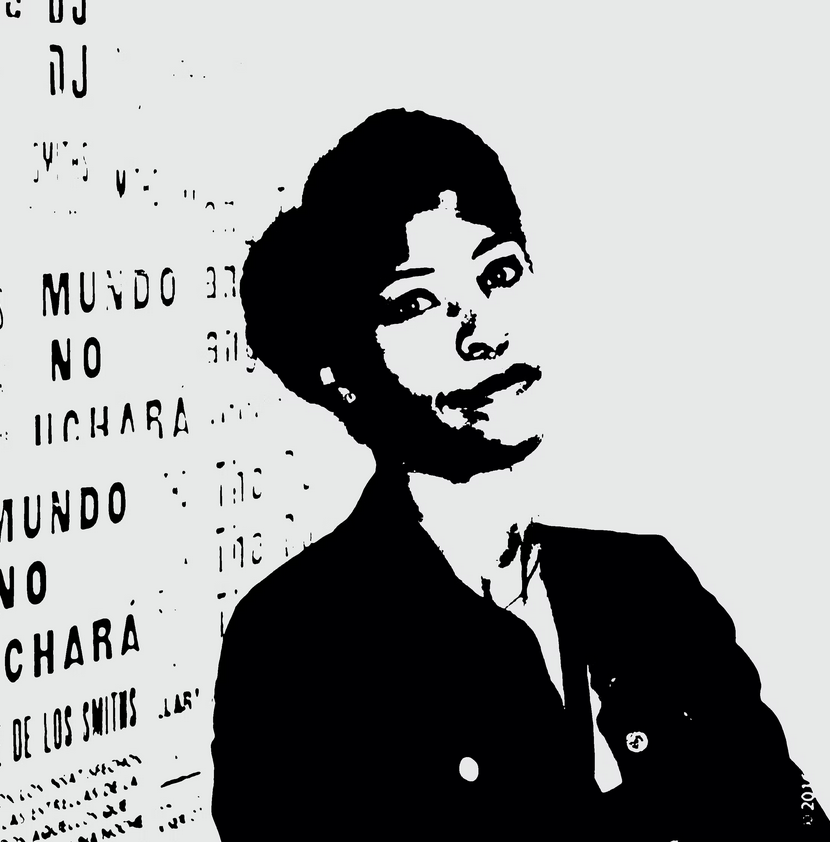
LESLIE WILSON
Associate Director, Academic Engagement and Research, Art Institute of Chicago
Leslie M. Wilson (she/her/hers) is Associate Director, Academic Engagement and Research at the Art Institute of Chicago. Her research and teaching focus on the history of photography, the arts of Africa and the African diaspora, modern and contemporary American art, and museum and curatorial studies. She has recently written for publications including Dear Dave, on Carrie Mae Weems, FOAM Magazine on Luther Konadu, and Manual on Aïda Muluneh, and interviewed Larry W. Cook for Weiss Berlin. From 2017-2021, she was an Assistant Professor of Art History at Purchase College, SUNY. And from 2019 to 2021, she held a curatorial fellowship at the Smart Museum of Art at the University of Chicago. She received a PhD in Art History from the University of Chicago and holds a BA in International Relations from Wellesley College.
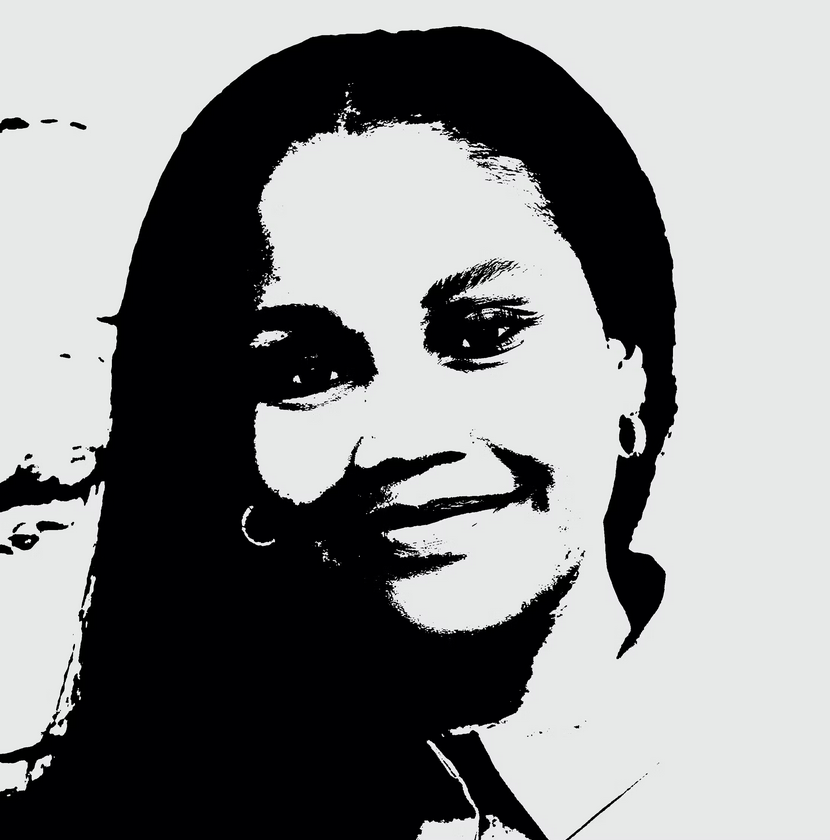
ANEESAH ETTRESS
Arts Professional
Writer
Aneesah Ettress (she/her/hers) is an arts professional and writer based in the Denver Metro Area. Moved by the intersections of art and religion she seeks to center historically underrepresented narratives and the work of POC artists past and present. She recently completed the Master of Divinity program and The University of Chicago with a research interest in the prophetic imagination of contemporary Black artists. Through her curatorial practice, she hopes to communicate that art is at work to transform the soul.
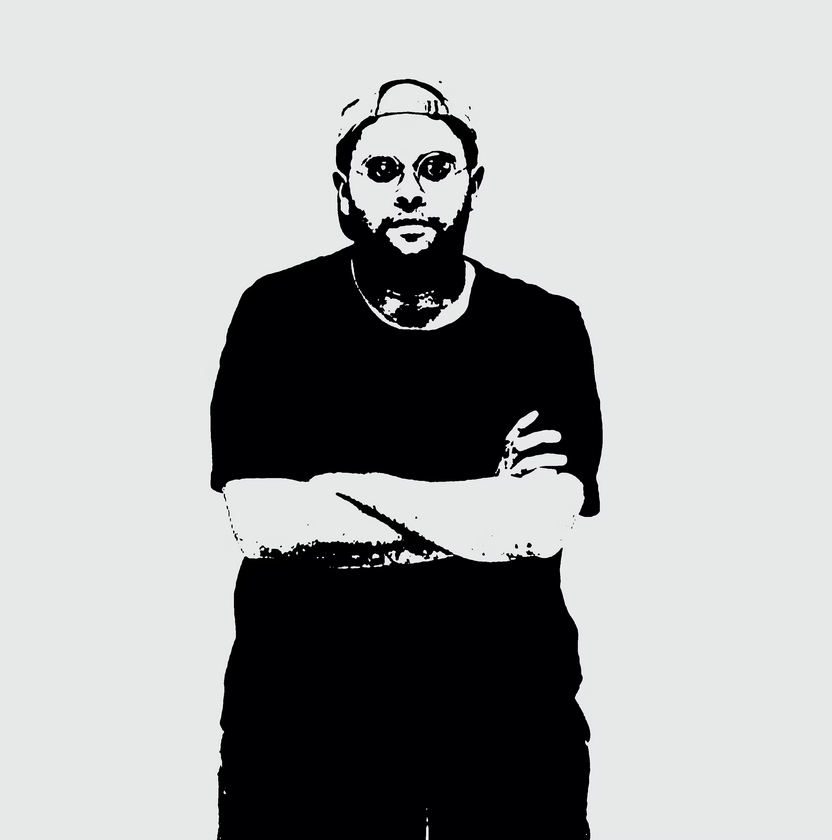
MALCOLM RIO
Assistant Professor, Rhode Island School of Design
Malcolm J. Rio (he/they) is a graphic and architectural designer and thinker based in Providence, RI where they work as an assistant professor of architecture at the Rhode Island School of Design. Rio is also currently a Ph.D. student in architecture history and theory where they research on topics of sexuality, race, kinship, citizenship, urbanism, imperialism, and colonialism across the long-19th and 20th centuries. Rio holds a Master of Science in Architecture Studies (SMArchS) from Massachusetts Institute of Technology, where they were recognized with the 2019 SMArchS Thesis Prize and the Arthur Rotch Special Prize for research on the urbanism of house-ballroom culture in New York City titled Drag Hinge: “Reading” the Scales between Architecture and Urbanism (2019). Additionally, Rio has earned a Master of Architecture from RISD, and both a Bachelor of Science in Philosophy and a Bachelor of Fine Art in Art + Design from Towson University. Rio’s scholarship, criticism and interviews have appeared in Thresholds, Avery Review, The New York Review of Architecture, ArchitectureMPS and Pidgin, as well as in forthcoming books like Living Room, a volume on sexuality, gender and architecture edited by Sophie Hochhäusl.
ART, MEDIA, AND BLACK URBAN MOBILITY
Black people across the diaspora often use art and media to demarcate urban spaces and personal histories, especially as they are dispossessed of “formal” ownership of those spaces. Featuring artists, architects, activists, and public historians, this panel will explore the role of art and media in enabling everyday Black survival in and navigation of the city, from murals and monuments that commemorate lives lost to anti-Black police violence, to community-based documentary practices that enable marginalized communities to self-determine. This panel aims to encourage designers to seriously consider ways to integrate art and media in their practices.
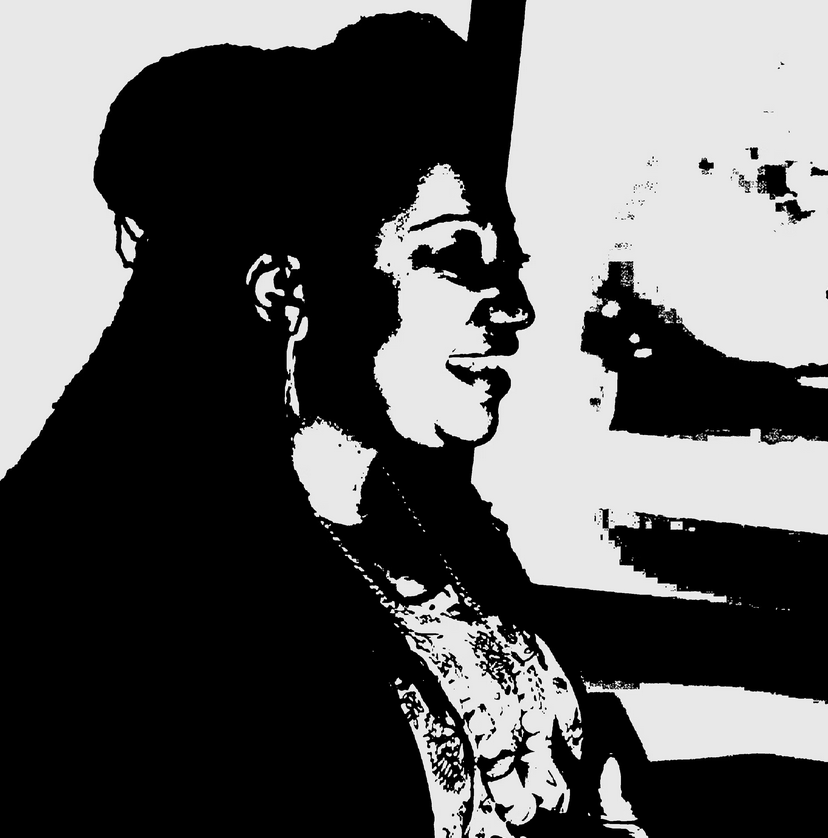
JAMILA MOORE PEWU
Assistant Professor, California State University, Fullerton
Jamila Moore Pewu, is a public and digital historian whose work explores how and why groups and individuals reimagine the spaces around them to create new urban futures. She is particularly interested in examining the concept of reimagining through the unique historical, geographic and methodological perspectives posed by African Diasporic and or Black Atlantic communities both past and present. As Assistant Professor of Digital Humanities and New Media in History at California State University, Fullerton, Dr. Moore Pewu leads the History department’s digital humanities initiatives which include organizing a regular DH colloquium series, hosting a DH student Symposium, facilitating a six-week DH professional development workshop for master’s students, and teaching introductory and advanced practicum courses in Digital History. In addition, she teaches survey and upper division courses in U.S. History, African History, and Historical Research and Writing.
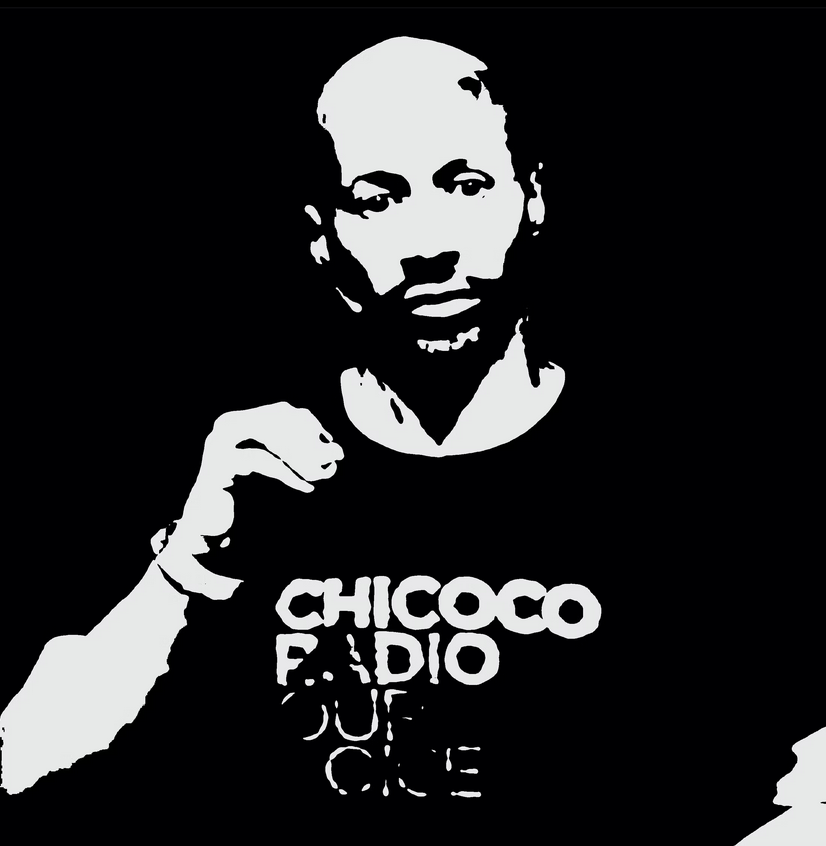
MICHAEL UWEMEDIMO
Co-founder and Director, Collaborative Media Advocacy Platform
Senior Visiting Research Fellow, King’s College London
Michael Uwemedimo is cofounder and director of CMAP (Collaborative Media Advocacy Platform) and senior visiting research fellow, King’s College London. As a founding member of the filmmaking collaboration Vision Machine and a producer of the Academy Award-nominated, BAFTA-winning documentary, The Act of Killing, he has been developing innovative approaches to documentary practice as a means of enabling critical reflection on histories of political violence and challenges to official impunity. Michael is cofounder and project director of the Human City Project, a community driven media, architecture, planning, and human rights initiative in Nigeria. There he explores design processes through which violently marginalized urban communities might gain a greater measure of control over their representation and the shaping of their cities. Michael has curated major programs at the National Film Theatre, Tate Modern, Architecture Association, and Institute for Contemporary Art, London; sat on international film festival juries; and presented his research and work internationally. Recent publications include, “A Cinema-séance of Power and Violence in Sumatra’s Plantation Belt,” in Killer Images: Documentary Film, Memory and the Performance of Violence (2012), and “Violence By Design,” in Dey Your Lane: Lagos Variations (2016).
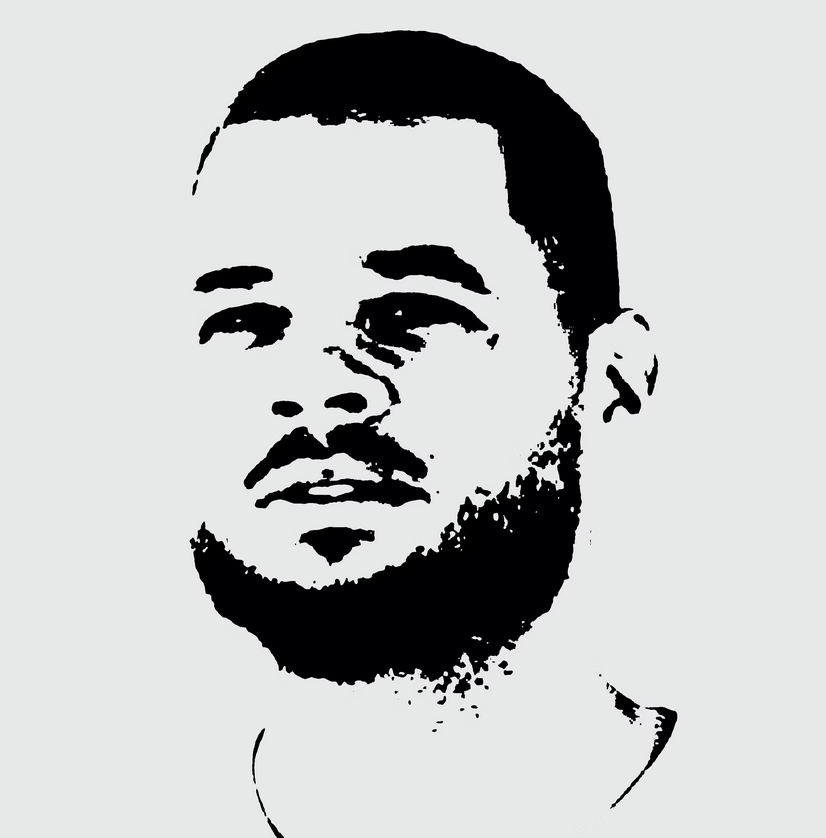
JORDAN WEBER
SCULPTOR
ENVIRONMENTAL ACTIVIST
Jordan Weber is a Des Moines based regenerative land sculptor and environmental activist who works at the cross section of social justice and environmental racism. Most recently, Jordan was commissioned by the Walker Art Center to create an urban farm in North Minneapolis called Prototype for poetry vs. rhetoric (deep roots), which acts as a counter tactic to industrial violence upon biodiverse lands and racially diverse communities. The project was produced in collaboration with North Minneapolis community members during the height of the George Floyd protests in late May 2020. He is currently in residence at the Pulitzer Arts Foundation and Washington University’s Center for the Study of Race, Ethnicity, and Equity and Sam Fox School of Design and Visual Arts. Jordan’s two-year project residency centers on social and environmental justice, incarceration, and healing, with a specific focus on the Close the Workhouse campaign—a collaborative project that is dedicated to the closure of St. Louis’ Medium Security Institute, known locally as the Workhouse. Awards and fellowships include the Joan Mitchell Award for Sculptors, Creative Capital NYC Award, A Blade of Grass fellowship NYC, Tanne Foundation Award, and the African American Leadership Forum Award.
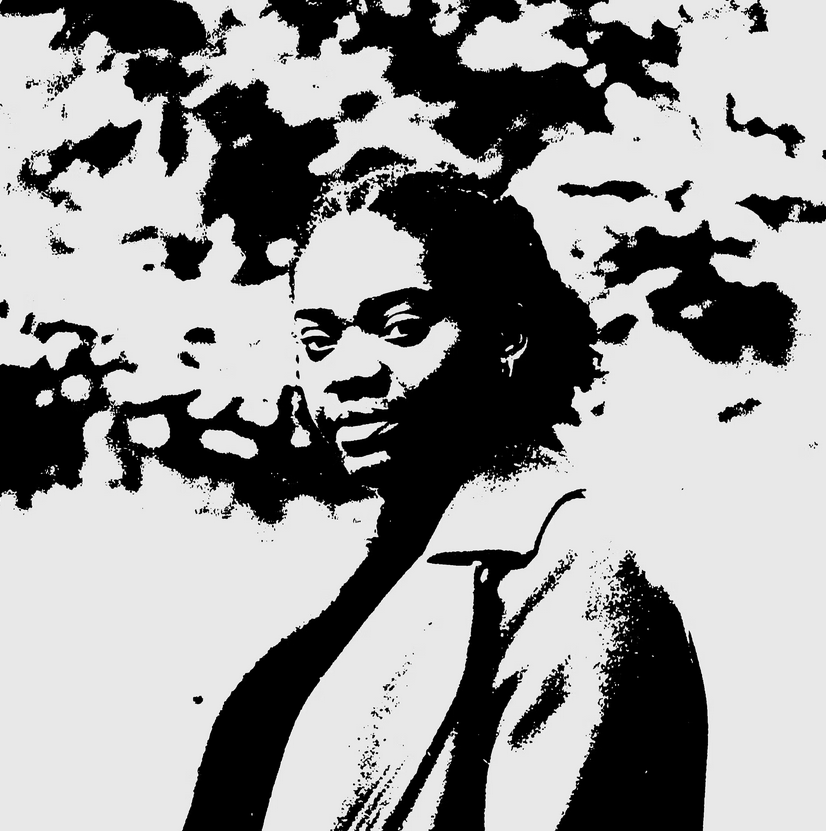
WANDY PASCOAL
Artist
Architectural Designer
Wandy Pascoal (she/ela) is an artist and architectural designer who is interested in the ways housing design and policy come together to shape global urban landscapes. This inquiry led to her current role as the Housing Innovation Design Fellow, a position co-hosted by the City of Boston’s Housing Innovation Lab and the Boston Society for Architecture. In this work she strives to center the many voices of Boston’s residents and their complex experiences in order to drive the design and implementation of the city’s current and future housing models. Wandy holds a BFA in Architecture from UMass Amherst and a Master of Architecture from MassArt where she focused on the urban and housing design of a self-sustaining eco-village in her home country of Angola. Previously, she worked as an architectural designer at Stull & Lee, Inc focused on affordable housing projects in the New England area. She has also worked with the Madison Park Development Corporation, where she first gained a deeper understanding of the complexities of local services and housing creation.
